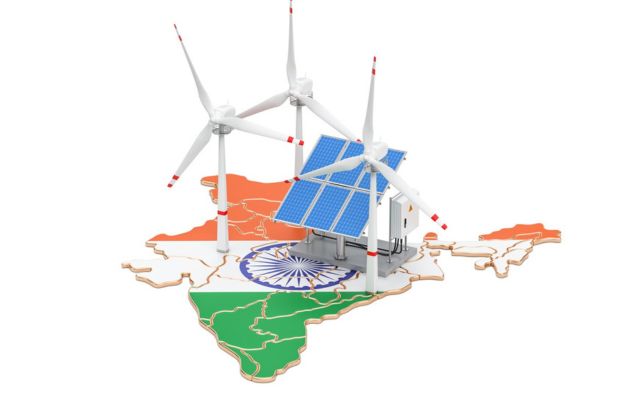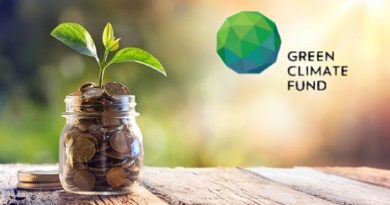World Bank Approves $1.5 Billion Financing to Accelerate India’s Low-Carbon Energy Sector

In a significant development, the World Bank has approved $1.5 billion in financing aimed at expediting the progress of India’s low-carbon energy sector. The funding will play a pivotal role in promoting low-carbon energy initiatives, such as the scaling up of renewable energy sources, the advancement of green hydrogen technology, and the facilitation of climate finance for investments in low-carbon energy projects.
The $1.44 billion loan is from the International Bank for Reconstruction and Development (IBRD) and is facilitated by the United Kingdom’s $1 billion backstop aimed at boosting the World Bank’s climate change financing to India. A $56.57 million credit from the International Development Association (IDA) is from a recommitment of cancelled IDA credit balances.
Auguste Tano Kouame, the World Bank Country Director for India, emphasized that this program will provide crucial support for the successful implementation of the National Green Hydrogen Mission. This mission strives to attract $100 billion in private-sector investments by the year 2030. The overarching objective of the program is to expand renewable energy supply, reduce costs, enhance power grid integration, and enable India to achieve its ambitious target of 500 gigawatts (GW) of renewable energy capacity by 2030.
To ensure the realization of this goal, the Indian government plans to invite bids for 50 GW of renewable energy each year from FY23-24 to FY27-28. This proactive approach is expected to result in a significant reduction of carbon emissions, estimated at 40 million tons per year by 2026.
The World Bank statement emphasized that a national carbon market is essential to provide a level playing field between low-carbon energy and fossil fuels. This program will support policies for a national carbon credit trading scheme to launch a national carbon market. In January 2023, India issued its first sovereign green bond. The program will support policy actions for the issuance of $6 billion in sovereign green bonds by 2026.
World Bank has remained an active supporter of India’s green and clean energy future. Recently, WB explored for Rs 2,500 crore investment opportunity in Himachal Pradesh, helping the state in the goal of making it a Green Energy state by 2025.
While India’s per capita energy consumption remains only a third of the global average, the rapid expansion of the economy is anticipated to drive increased energy demand. Consequently, a gradual phasing out of fossil fuel-based energy sources becomes imperative, aligning with India’s aim of achieving net-zero emissions by 2070.




